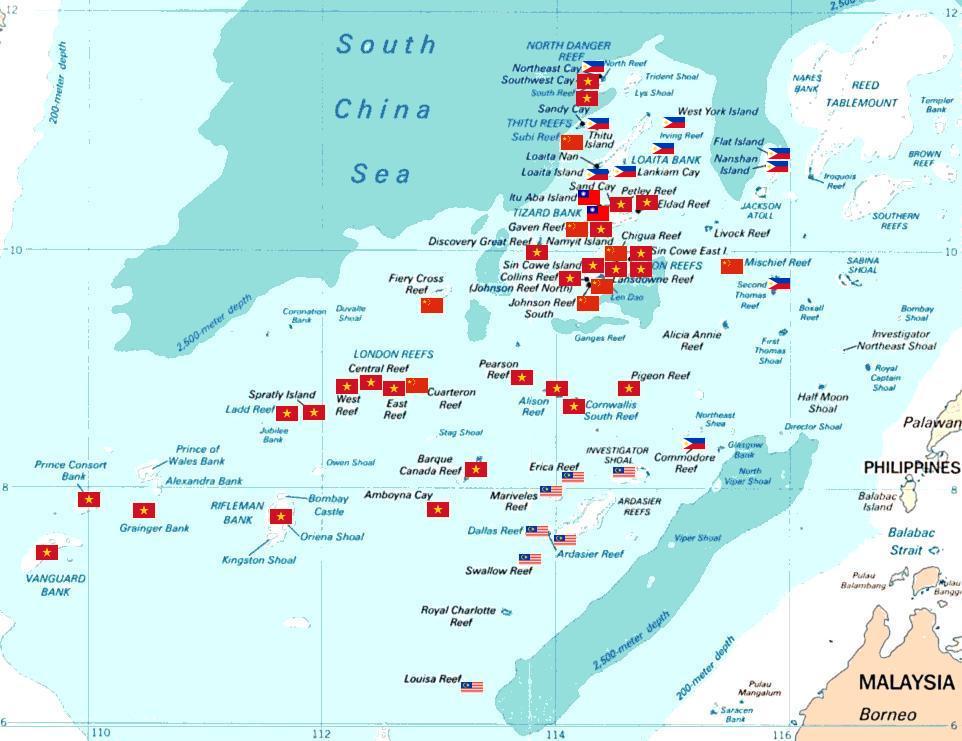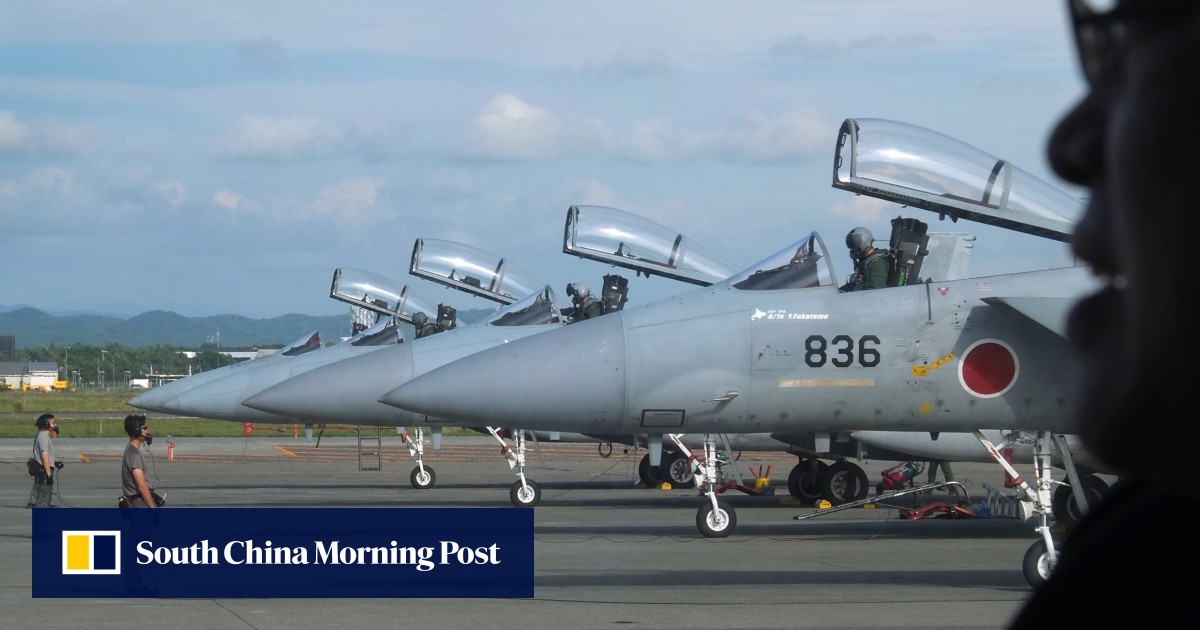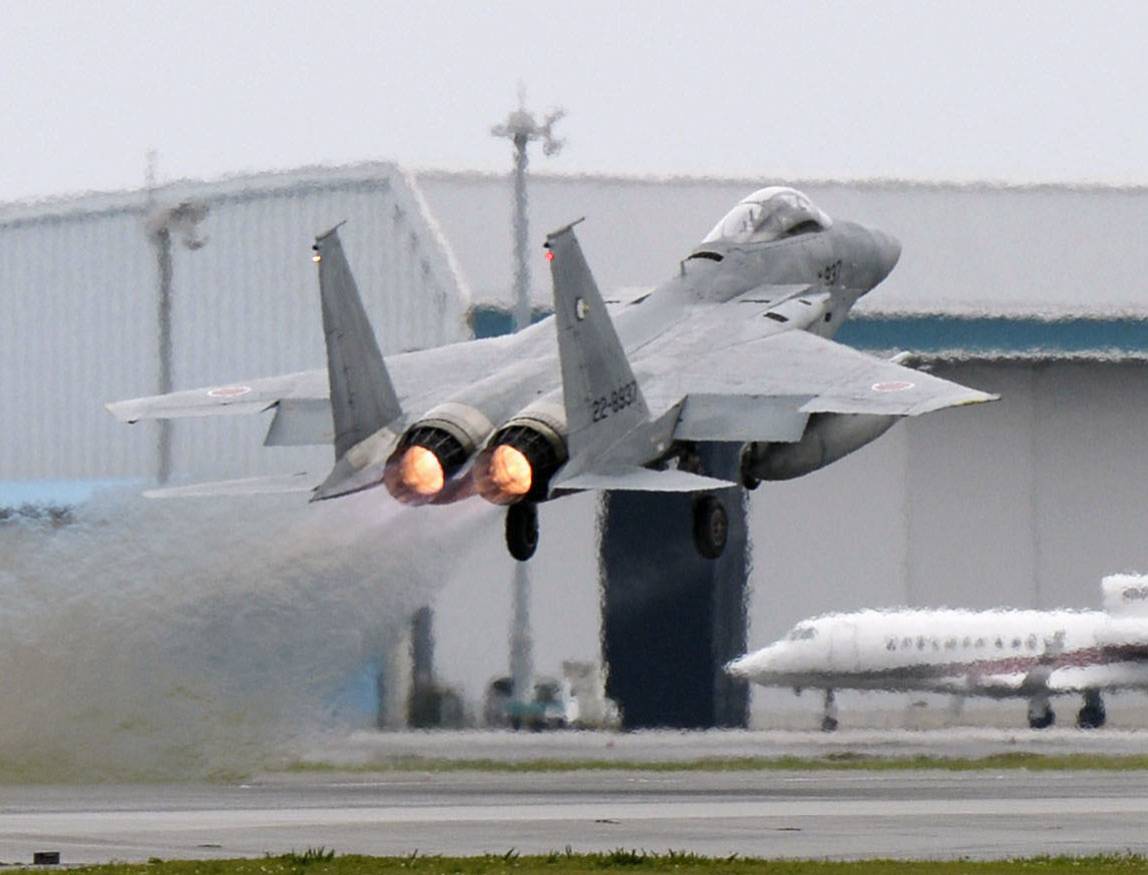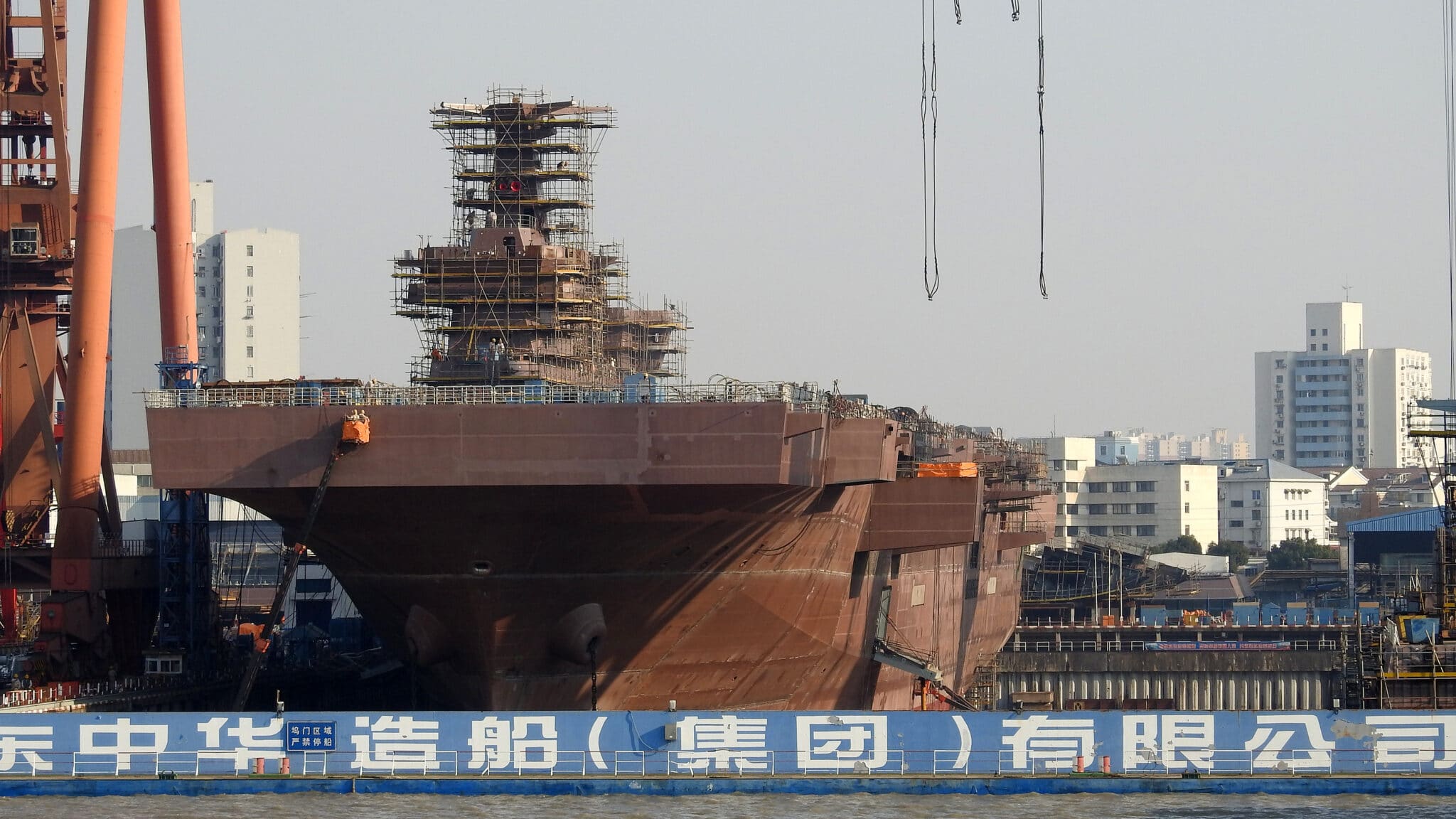Japan plans to boost defense spending without worrying about sticking to its longstanding limit of 1% of gross domestic product, Defense Minister Nobuo Kishi told Nikkei on Wednesday.
The country looks to beef up its defenses around the Senkaku Islands amid repeated incursions by China's now quasi-military coast guard, as well as address the emerging areas of space and cyber defense.
"We must increase our defense capabilities at a radically different pace than in the past," Kishi said. "We will properly allocate the funding we need to protect our nation" without worrying about comparing it to GDP, he said.
On specific areas of bolstering Japan's national defense capabilities, Kishi mentioned the strengthening capabilities on the Nansei Islands. The Nansei Islands chain stretches from the southernmost tip of Kyushu to the north of Taiwan and consists of small islands such as Osumi, Tokara, Amami, Okinawa, Miyako and Yaeyama. In April, the Chinese aircraft carrier Liaoning and five escort vessels passed through the Miyako Strait, a 250 km-wide waterway between Okinawa and Miyako, before heading south to Taiwan. The islands are seen as crucial in the defense of the Senkakus.
"There should not be any areas not covered by the Self-Defense Force," Kishi said. "It is very important to deploy units to the island areas."
He also expressed an intention to increase the size of the Amphibious Rapid Deployment Brigade, based in Sasebo, Nagasaki. "We will strengthen new areas such as space, cyber and electro-magnetic warfare," Kishi said. "Technological innovation is advancing at a tremendous pace and the nature of fighting is changing."







/cloudfront-us-east-2.images.arcpublishing.com/reuters/GQNJDFJSRJPIDH2W5JSDYA7F4U.jpg)